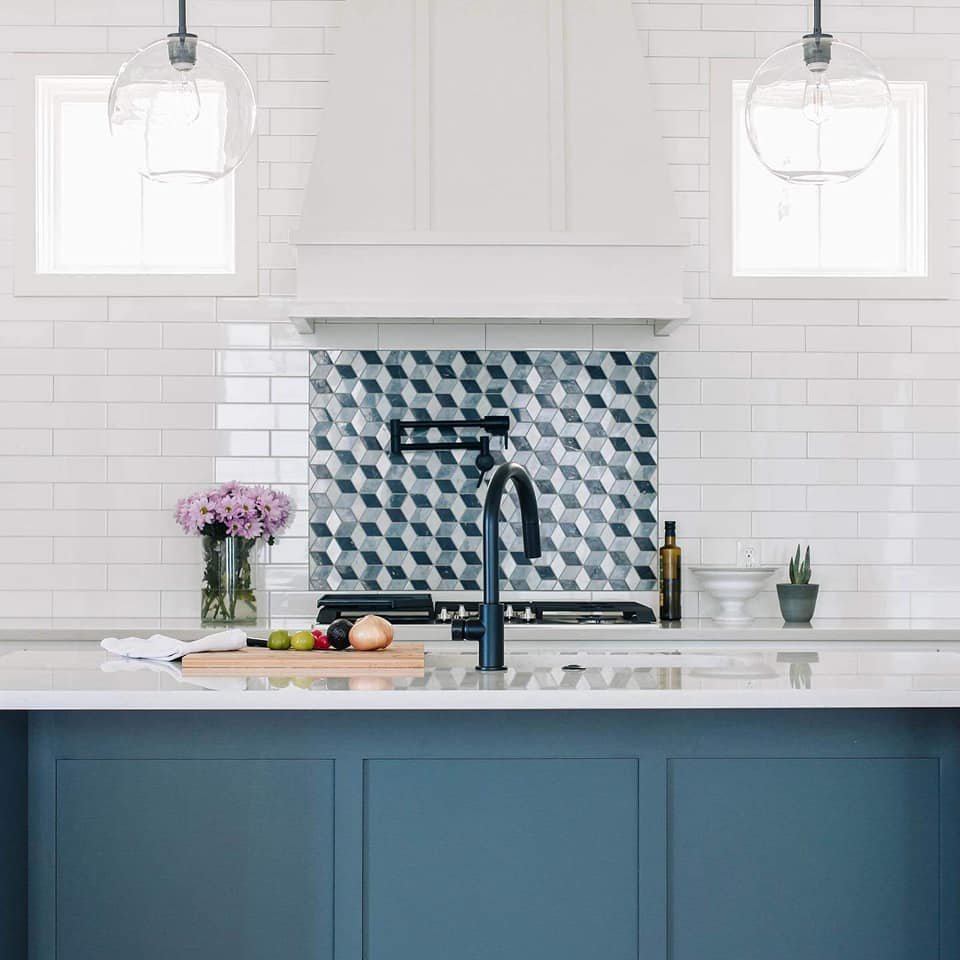
Frequently Asked Questions
FAQs
-
Quartz countertops are durable, non-porous, and resistant to stains and scratches. They offer a wide range of colors and patterns, making them a popular choice for kitchens and bathrooms.
-
Cleaning quartz countertops is easy. Use a mild detergent and a soft cloth. Avoid abrasive cleaners. Regularly wipe down surfaces and clean up spills promptly to maintain their luster.
-
While quartz is generally resistant to heat, it's advisable to use trivets or hot pads to protect the surface. Avoid placing hot pots or pans directly on the countertop.
-
Granite is a natural stone known for its durability and resistance to scratches and heat. It adds a timeless elegance to kitchens and can withstand the demands of daily use. We do still recommend using trivets as a good habit to have.
-
It's recommended to use a cutting board to prevent potential damage to your knives and protect the granite
-
Sealed stone countertops are resistant to stains. However, it’s essential to wipe up spills promptly, especially from acidic substances like citrus juices.
-
While it's possible for experienced DIYers, professional installation is recommended to ensure proper measurements, cutting, and sealing for a flawless finish. Self-installation does void any warranty typically provided.
-
Quartz countertops are considered eco-friendly as they often contain recycled materials. They are also durable, reducing the need for frequent replacements.
-
Quartz is an engineered stone, while natural stone includes granite, marble, and others. Quartz is non-porous, requires no sealing, and is generally more consistent in appearance.
-
Yes, professional stone fabricators can repair chips or cracks in stone countertops in most cases. It's important to address these issues promptly to prevent further damage.
-
Quartz countertops can be customized to fit various sizes and shapes. However, it's recommended to consult with a professional to ensure proper support for larger or uniquely shaped installations. Slab sizes should also be considered before designing large islands, wall applications, etc.
-
Quartz countertops are generally safe and do not emit harmful chemicals. They are a low-maintenance and hypoallergenic option for your kitchen or bathroom.
-
With proper care and maintenance, granite countertops can last for decades. Their durability and resistance to wear make them a long-lasting investment.
-
The cost of quartz and granite countertops can vary. While quartz tends to have a more consistent pricing range, factors like color, pattern, and installation can influence overall costs.
-
Yes, undermount sinks can be installed with quartz countertops for a seamless and stylish look. Professional installation is recommended for proper support.
-
Stone countertops typically need to be resealed every year depending on the type of stone and usage.

